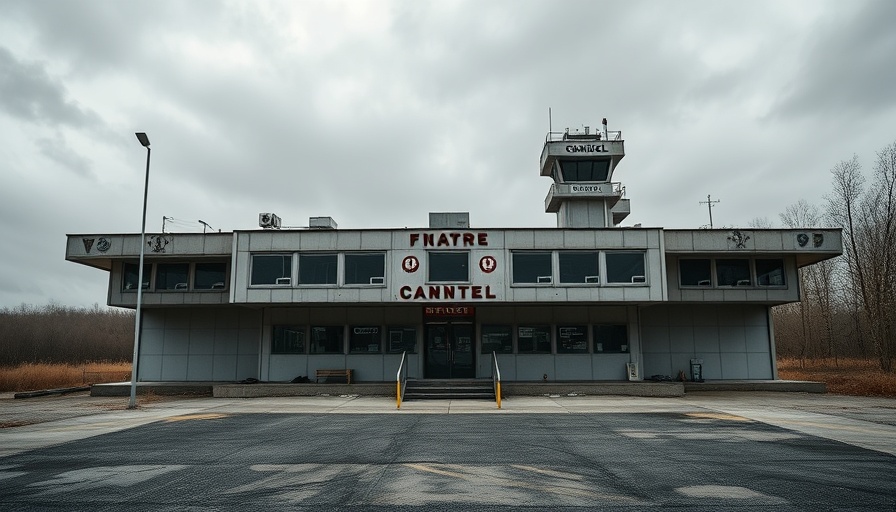
Nearly £30m blown on a vacant fire control center
Almost £30 million of taxpayer money has gone to waste maintaining a fire control center that was never opened. This empty building in Castle Donington, Leicestershire, symbolizes a significant blunder in government spending and a failure to deliver public services effectively.
Historical context: when plans went wrong
The fire control center was envisioned as part of a nationwide initiative known as FiReControl, aimed at centralizing emergency response services across five Midlands counties: Derbyshire, Leicestershire, Lincolnshire, Northamptonshire, and Nottinghamshire. Proposed back in 2004, the timeline for this ambitious project veered off course with a 25-year contract signed in 2007 for £14 million, despite its evident mismanagement.
The government's decision to invest in this project could have seemed reasonable at the time. However, by 2010, the project was canceled amidst protests from the Fire Brigades Union, which warned of excessive costs and the detrimental impact on public safety. The center, slated to open in 2009, was left standing as a mere skeleton of unrealized potential. Key players pointed to widespread failures in management, a trend not uncommon in large public projects.
Financial implications: an uphill battle for taxpayers
As of the 2024-25 financial year, approximately £2.58 million was shelled out for keeping this site operational with money spent on rent, rates, utilities, and security. These costs will likely accumulate to more than £20 million before the contract runs out in 2033. It's a bitter pill for taxpayers, who may wonder why such financial missteps can go unchecked without severe repercussions for those in charge.
The Ministry of Housing, Communities and Local Government (MHCLG) claims that there are no avenues to terminate the contract early. Current attempts to find a new tenant for the building reveal a desperate strategy to recover at least some of these wasted funds.
Emotional impact: local frustration and outrage
Locals in Leicestershire and surrounding areas are likely seething over this expenditure. Many residents depend on effective emergency services, and to see money earmarked for public safety squandered in such a manner can evoke feelings of betrayal and frustration. The community paid into a system that is supposed to safeguard them, yet they are now left with a monument to mismanagement.
Emotional responses are amplified by a legacy of neglect. When public funds are mishandled, it fosters distrust in government institutions, something that can take years to restore.
Lessons learned: changing perspectives on public spending
This debacle serves as a cautionary tale about the importance of accountability in public spending. It reminds us that public projects must not only be funded but effectively managed to ensure they deliver value to the community. The ramifications extend beyond mere dollars and cents; they affect public trust and community well-being.
To avert future incidences like this, transparency and diligence in project management must be prioritized. Holding decision-makers accountable for their actions and considering community feedback are crucial steps towards rebuilding trust and preventing waste.
Call to action: demand accountability
We cannot sit idle while public resources are mishandled. It is crucial to demand accountability from our local government representatives. They must be asked critical questions about how they can promise to prioritize spending in ways that truly benefit the community. Engaging in local politics, attending meetings, and voicing concerns are essential to ensuring we do not repeat the mistakes of the past.
 Add Row
Add Row  Add
Add 




 Add Row
Add Row  Add
Add 

Write A Comment